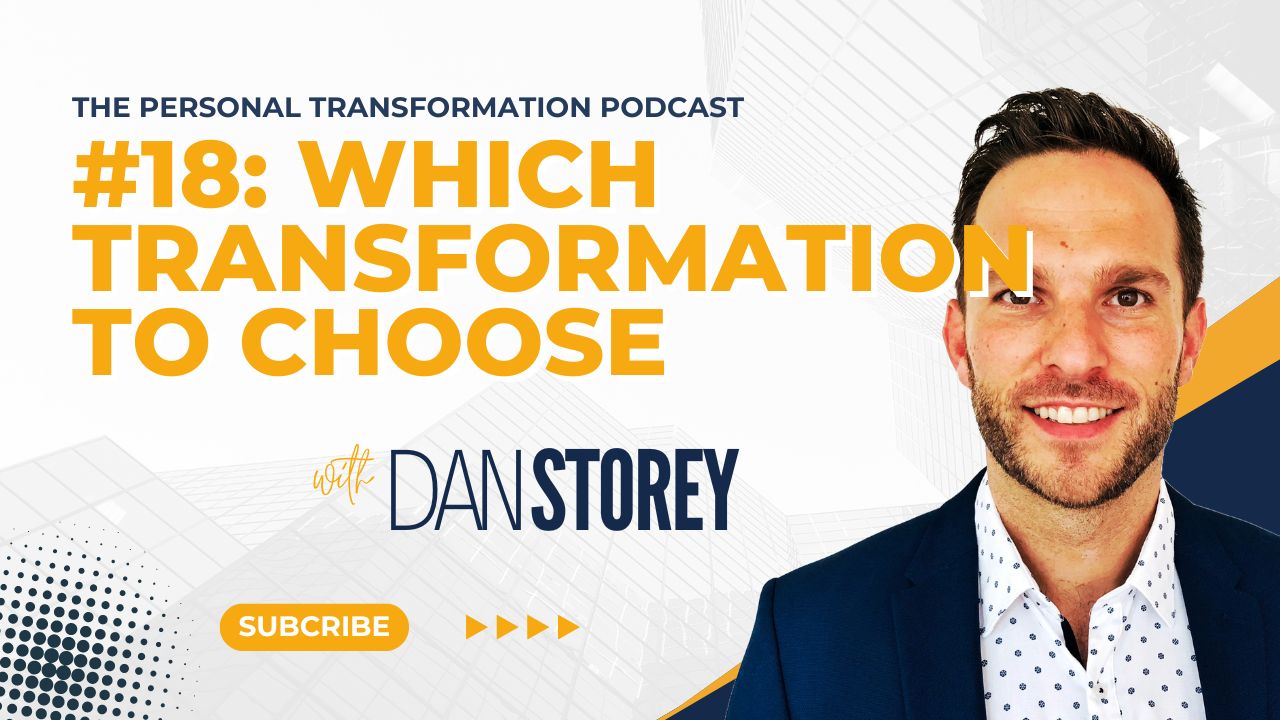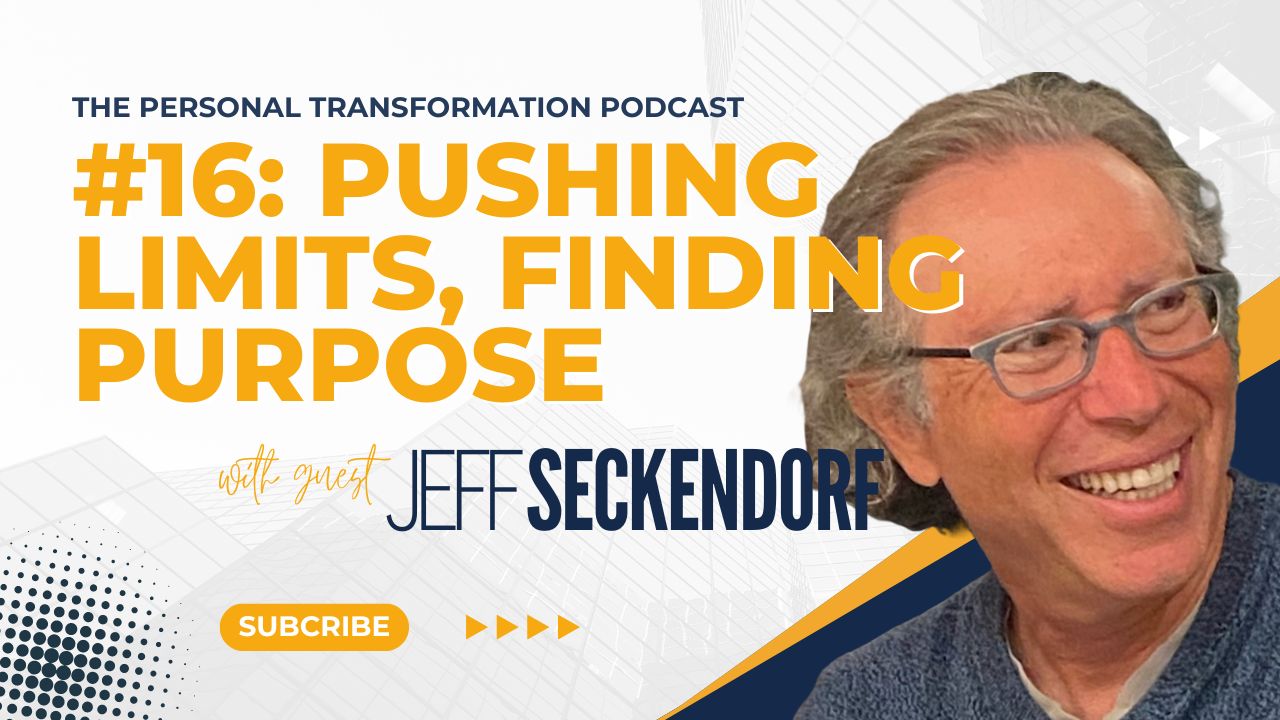Ever feel like your life is on autopilot?
Think about it, when was the last time you made a conscious decision to change something significant in your life?
Every day is pretty much planned out for us before we wake up. Leave home in the morning to get to work on time. Take the same commute each day, seeing the familiar faces of people you see every day yet have never spoken to. Our diary is filled with meetings with other people’s agendas. We eat at the same places, make the same lame joke each day as you leave the office, and get home where our primary focus is to conserve energy, just in case we need it tomorrow.
If you don’t stop living life on autopilot every day, one day you will find yourself looking in the mirror and wondering what happened and where did your life go.
Now, I’m not saying autopilot is a bad thing. There is a tremendous amount of benefit in becoming cognitively efficient. Imagine having to actively consider what route you will take to work every day. This would be a waste of good mental energy, and so we should use shortcuts. In fact our brain has evolved to use two different systems, and one of those is specifically designed to make quick, effortless choices (read more about this in Thinking Fast and Slow LINK).
Instead I’m suggesting that there are decisions each day that we choose not to make, and that these present us an opportunity to make significant shifts in our life. Unfortunately, the way these opportunities present themselves often work against us until we become aware of the specifics of each situation.
The two phenomena are Default Bias and Status Quo Bias.
Did you know you can personalise the app icons on your mobile phone? For most of us, we have never given two thoughts to this option, because the apps we are given in the first place are good enough. We are more than happy for someone else to choose this aspect of our life because we either do not care enough about the choice, or we hope the other person is an expert and we are prepared to trust their opinion.
Default options exist everywhere. How aggressively did you set your savings account? Did you accept the website sending you marketing material? Did you renew your gym membership at the end of the year? The decision is made for us automatically unless we decide to make a proactive choice. We trust that the default choice is made with our best interest in mind, and this frees us from actively making this decision.
Status Quo Bias is where we choose to continue in one course of action because making a change doesn’t seem to be worthy of the effort.
People continue to smoke because it helps them deal with short term stress. People stay in relationships because there is pain and hurt in the short term, plus we never know what the future might have in store. People stay in jobs because it pays ok even though they don’t really like it too much.
Default and status quo biases have evolved to help us reduce the decision fatigue associated with having to make thousands of tiny choices every day, freeing up mental capacity to be creative, imaginative and daring. Instead, we started to believe that we could bank that additional brain power, mistakingly believing it to be storable, whereas in reality, if you don’t use it, you end up losing it.
After a while, it seems easier for us to stay in those bad situations than it is to put in effort to change them. We accept the situation as it is, and then create excuses and justifications about why things are the way they are and how it is impossible for them to change. Each day we live that life, we carve a slightly deeper groove for ourselves as we begin to accept that as the path we are following. One day, that groove has gotten so deep, it has become a rut.
How To Stop Living Life On Autopilot
If you want to stop living life on autopilot, there are 3 steps we need to follow:
Awareness Of Patterns
The first step to getting out of autopilot is recognising that you are in a rut. Take stock of your daily routine, and identify areas you act on autopilot. Are there some behaviours you do on a daily basis that do not serve you? Perhaps there are areas of your lifestyle that do not align with the vision you have for yourself? Rather than only focusing on the big challenges, identify lots of little areas where you can have quick wins. For example, what is your pattern when you get home from work? Do you immediately sit on the sofa, order a takeaway and binge-watch a whole series on Netflix, or do you do something more in lines with your personal goals? How do you take your coffee? What do you wear to work? How often do you connect with friends and family? You will be surprised at the number of areas of your life that tend to run on autopilot, so take stock of all these areas and decide to replace them with something different.
Massive Sustained Action
Have you ever tried to push a broken-down car? At first, there is a lot of energy required to overcome inertia and even get the car moving, but eventually it rolls along with a lot less effort. Unfortunately, getting out of autopilot is similar from an energy perspective. To get out of that mental rut, you need to invest a significant amount of energy and sustain this for a period of time until it becomes more habitual. You will need to mentally catch yourself in situations throughout the day that would previously have triggered a behaviour you want to change. Create a number of Implementation Intentions, or if-then statements, that correct your behaviour.
IF I find myself in the coffee shop, THEN I will order a black coffee rather than a high-calorie latte.
IF I want to go to the gym before work, THEN I will prepare my equipment the night before.
The more of these triggers you can plan for, the easier it will be to catch those behaviours. It will take effort, but it will also be worth it to get out of autopilot.
Develop New Habits
Finally, you need to start developing new habits that are in alignment with your personal goals and how you see yourself. Instead of having to catch yourself in situations where you would previously have done something detrimental on autopilot, think how you can change that into a positive new habit. If you have managed to stop eating so unhealthily, how can you adopt new habits that will support your journey to health, by joining a gym or training for a mini-marathon. If you have freed up time in the evenings, perhaps you can start a blog or enrolling in an evening course. Give your new energy something it can be specifically channeled into by adopting new habits outside of your old rut. Eventually, as you sustain these new behaviours, they too will get easier, and eventually form a new, albeit improved, groove in your life.
So there you have it. If you find yourself waking up each day and not entirely satisfied with life, look at some of the areas you could potentially change and stop living life on autopilot. Today, be aware of the areas of your life where you do the same things over and over, and recognise where there might be opportunities to stop living life on autopilot. Identify the triggers that lead to the behaviours that you want to change, and develop implementation intentions that help you to rewire your brain to make better decisions. Once you have some momentum, start to change your habits to help keep you out of that rut for good.




Leave A Comment